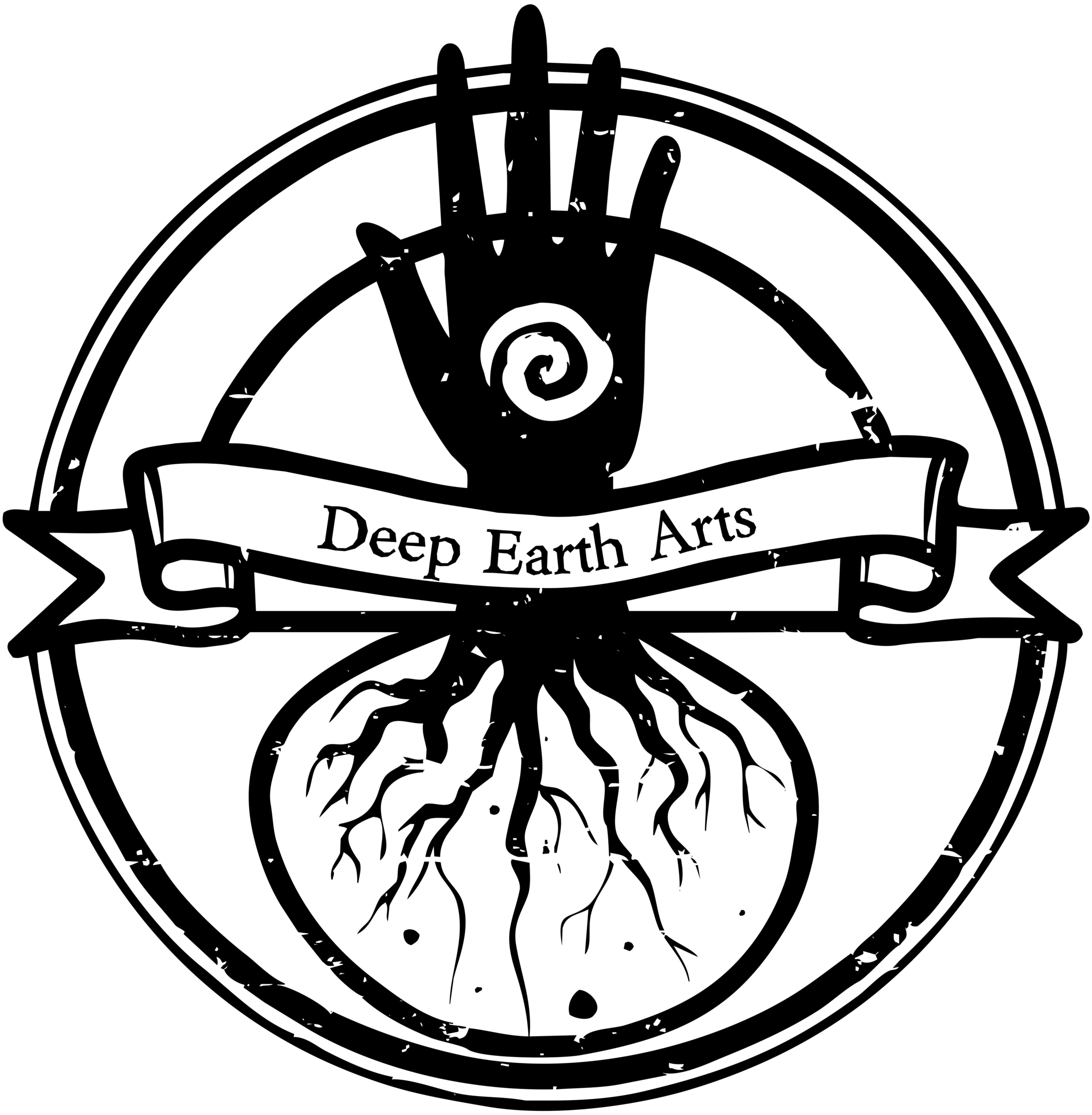Old Holidays in the Modern Age
Today is Lughnasadh (phonetically loo-nah-sah), an old Irish festival said to be started by the god Lugh as both an athletic competition and a memorial feast for his mother Tailtiu, who died clearing the plains of Ireland for agriculture. It is part of the eightfold wheel of the year that so many European inspired nature religion’s use. This is a modern mix of four different Gaelic holidays with the two Solstices and two Equinoxes. I don’t believe people really used these eight together as a sacred holiday cycle until Gerald Gardner, father of Wicca, stitched them together. Since then, many other nature orientated spiritual groups have taken up this cycle in their practice. It is an earth cycle honoring set up which I like, so I try to follow it.
Lughnasadh itself has a really interesting, varied history. It’s been Christianized as Catholicism took root in Ireland, as well as secularized. People have celebrated it with bilberry harvest, athletic competitions, cultural celebrations, dramatized re-enactments of mythology of Lugh stealing grain for mankind, or later on the mythology of St. Patrick converting pagan chiefs. Holy wells would be visited. Pilgrimages would be made. Goats are still crowned king for the day. Trial marriages were created for a year and a day. Feasts were and are eaten. It’s an interesting mix that has changed with its times.
This brings us to modern day practice. I love the set up of the eight holidays. They are spaced rather evenly, so it makes it a little more sane to celebrate. A few of them even line up with holidays that most of the United States celebrate (such as Halloween and Christmas). They are mostly focused on our interactions with the life around us, connecting me to the seasons. Those of you who have read my post about the wheel of life (if you haven’t, here’s the link) know how these points in time play into my spiritual practice. I see each of these points in time as energetic qualities to connect to in my work.
I find a few issues with practice. It can be a bit odd to try and focus on holidays that a majority of the population do not acknowledge. There’s a certain cultural push towards celebrating certain holidays. When that’s not there, and that recognition of its sacred nature isn’t culturally acknowledged, it can feel a little lonely. We often expect to have religious holidays like Easter off from work, but it’s hard to have the conversation with your employer that you’d rather switch Easter for the Spring Equinox.
The biggest obstacle for me, though, is creating my own way of celebrating. When it comes to any Irish traditions concerning the Gaelic four festivals, some transfer to the hills of Northern Vermont well. Others, not so much. Many spiritual groups have their own ways to celebrate, but they are either tradition specific, apply to the seasonal cycles of Celtic lands, or apply to the seasonal cycles of where the spiritual group is. My part of Vermont certainly keeps its own time and seasons. An example is Imbolc, which was traditionally the time in Ireland when the ewes started to lamb. Not up here, it isn’t! It’s too damn cold at the beginning of February! Spring in Vermont is still a long ways away at that point, so that tradition does not transfer.
So, here I am, trying to figure out how I can celebrate Lughnasadh in my own way, while being area appropriate. If I’m not seasonally appropriate for where I live, I’m missing the point of celebrating holidays to explore the energy of the seasons of where I live. Besides having a ceremony to thank the land for the produce in my garden, I will try to embrace some of the competitive nature of some of the older traditions. I will make sure that my husband and I break out the boffer swords we own and practice. I also have karate class later on, so that’s pretty appropriate. The mentions of bilberry harvest makes me think of blueberries, which are in season as we speak. Sounds like a perfect way to connect to the cycles.
Ceremony, competition, garden harvest, and blueberries. Sounds like a good start to me. The importance is that I make space to explore how this time of the year feels, and try to take what I know about the traditions of this holiday into context. Every year, I create a stronger connection to it and maybe, just maybe, get others to join me in connecting to this moment in the cycle of the year. We talk often about the spirit of Christmas. Today, I feed and experience the spirit of Lughnasadh in both what that means to me and what that means to the life about me in this point in time.
How will you feed the spirit of Lughnasadh?
Until next time
The Green Mountain Mage
